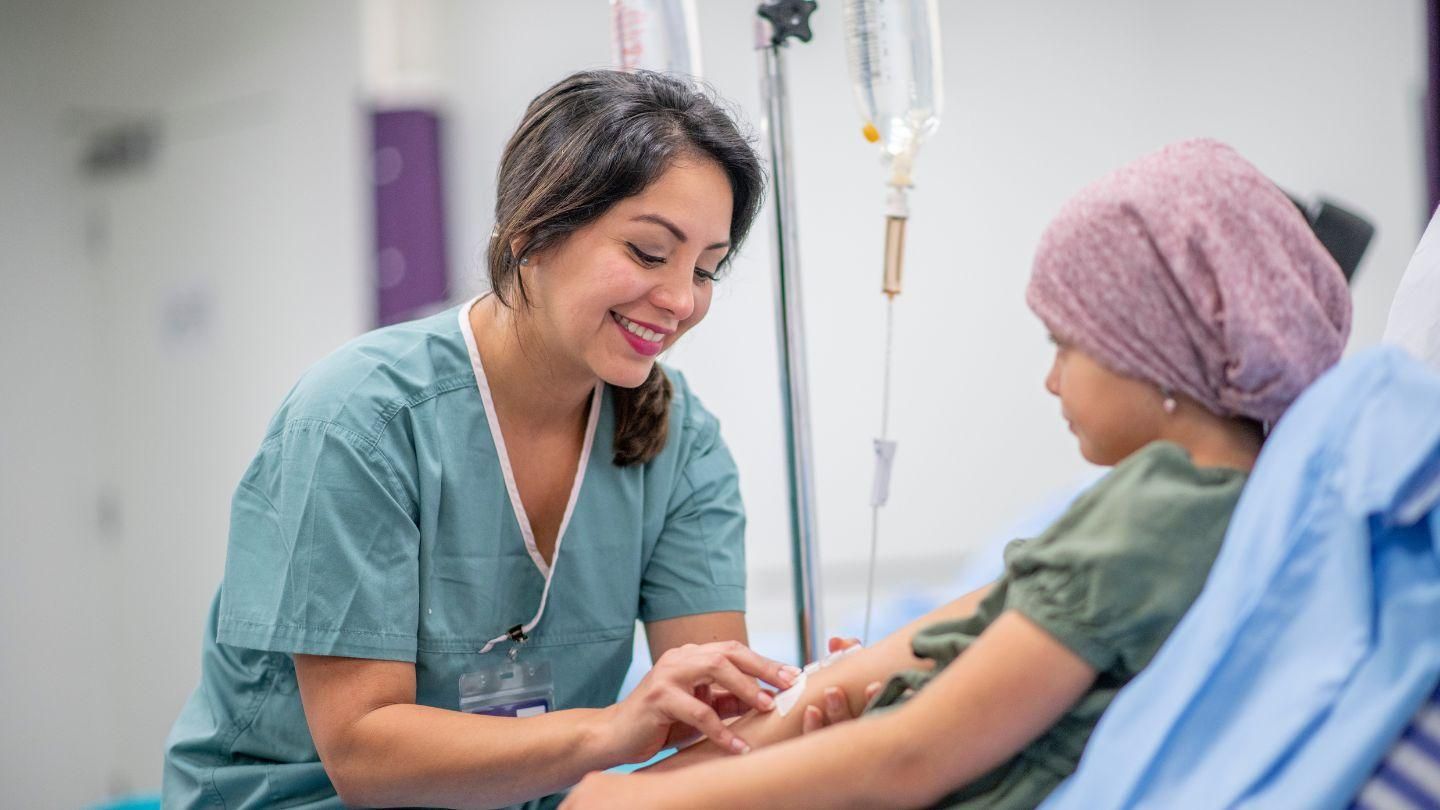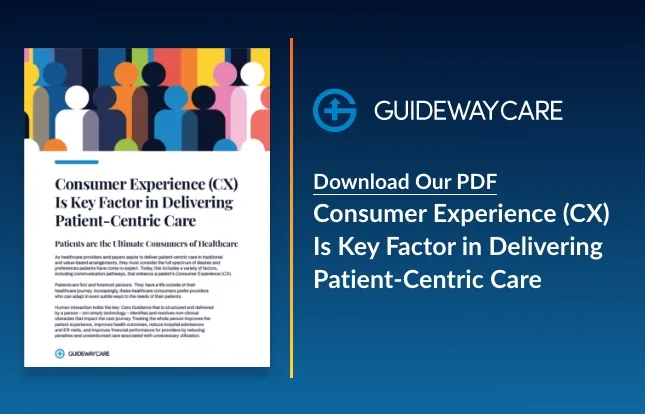What Is Pediatric Oncology: Understanding Childhood Cancer Treatments

Pediatric oncology focuses on diagnosing and treating cancers, bleeding and clotting disorders, and blood disorders in children and adolescents. This field considers the unique biological and developmental needs of young patients. In this article, we will explain what pediatric oncology is, the types of conditions treated, and the specialized care children receive.
Key Takeaways
Pediatric oncology specializes in the treatment of cancer in children, adolescents, and young adults, focusing on tailored care that acknowledges their unique biological and developmental characteristics. It also addresses bleeding and clotting disorders, ensuring comprehensive care for pediatric patients.
Comprehensive care in pediatric oncology involves a multidisciplinary approach, ensuring that both the medical and emotional needs of the child and their family are addressed throughout the treatment process.
Understanding Pediatric Oncology
The field of pediatric oncology is devoted to diagnosing and treating cancers, bleeding and clotting disorders, and blood disorders in children and adolescents. Recognizing that childhood cancers are biologically distinct from those found in adults, pediatric oncology considers the unique developmental needs necessary for effective care.
In pediatric oncology, balancing clinical practice with research is crucial, as it allows pediatric oncologists to provide dedicated patient care while advancing treatment methods.
Specialized cancer centers cater to the particular requirements of children battling cancer by delivering comprehensive care that extends beyond medical interventions to include emotional and social support for both the child and their loved ones. This all-encompassing approach ensures a network of assistance is in place to support families throughout the complexity of managing cancer.
Read more: Maximizing the Value of AI in Comprehensive Cancer Care
Roles and Responsibilities of a Pediatric Oncologist

When cancer is suspected in a child, a cancer diagnosis is usually confirmed by a pediatric oncologist, who then takes over the assessment and management. Pediatric oncologists also manage bleeding and clotting disorders, ensuring comprehensive care for various blood-related conditions. Pediatric oncologists devise personalized care plans designed specifically for young patients, taking into account their unique medical needs. These specialists play a crucial role in ensuring both the child and their family receive the necessary support during treatment.
A collaborative effort between social workers, oncology nurse navigator, and other healthcare professionals ensures comprehensive care that addresses the medical, emotional, and psychological aspects of pediatric cancer treatment.
Read more: Why Emotional Support is Crucial in Oncology Navigation Services for Cancer Patients
Common Childhood Cancers and Blood Disorders
Pediatric oncologists treat a range of pediatric cancers, such as brain and spinal cord tumors, leukemias, and lymphomas. These cancers remain the leading cause of death due to disease among children, despite advancements in treatment. The need for specialized pediatric oncology programs remains critical, with programs specifically designed to cater to the needs of young patients.
In addition to cancers, pediatric oncologists also address pediatric blood disorders, including bleeding and clotting disorders such as hemophilia. Comprehensive care strategies are employed to treat these conditions, aiming to improve the quality of life for children facing these challenges. This includes addressing clotting disorders and conditions leading to insufficient red blood cell production (anemias).
Treatment Options for Childhood Cancers
When it comes to treating childhood cancers, the approach is as unique for each child. The goal is to cure the cancer, control its growth, or alleviate symptoms, depending on the type and stage of the cancer and the child’s overall health. Here are some common treatment options:
- Surgery: Often the first step, surgery aims to remove the tumor or affected tissue. Pediatric surgeons are skilled in performing these delicate procedures on young patients.
- Chemotherapy: This treatment uses powerful medications to kill cancer cells. Pediatric oncologists carefully tailor chemotherapy regimens to minimize side effects while maximizing effectiveness.
- Radiation Therapy: High-energy rays are used to target and kill cancer cells. Radiation oncologists specialize in delivering this treatment safely to children.
- Targeted Therapy: This innovative approach targets specific cancer cells or genes, sparing healthy cells and reducing side effects.
- Immunotherapy: By stimulating the immune system, immunotherapy helps the body fight cancer more effectively.
- Stem Cell Transplantation: This procedure replaces damaged stem cells with healthy ones, often following high-dose chemotherapy or radiation.
- Clinical Trials: Participation in clinical trials offers access to cutting-edge treatments and therapies that are not yet widely available.
Pediatric oncologists work with a multidisciplinary team to develop a personalized treatment plan for each child, ensuring the best possible outcomes. This team may include surgeons, radiologists, pathologists, and other specialists, all collaborating to provide comprehensive care.
Read more: Different Types of Oncologists and Their Specialties in Cancer Care
Benefits of Specialized Care

Specialized care for childhood cancer offers numerous benefits that can significantly impact a child’s treatment and recovery. Here are some key advantages:
- Improved Outcomes: Children who receive care from pediatric oncologists and other specialists tend to have better outcomes and higher survival rates. These experts are trained to address the unique needs of young patients, including bleeding and clotting disorders.
- Personalized Treatment: Pediatric oncologists work closely with families to develop personalized treatment plans that consider the child’s specific medical, emotional, and social needs.
- Access to Innovative Treatments: Pediatric cancer treatment centers often participate in clinical trials, providing access to the latest and most innovative treatments and therapies.
By choosing specialized care, families can ensure their child receives the best possible treatment and support, improving their chances of a successful outcome.
Childhood Cancer Awareness and Support
Raising awareness and providing support for childhood cancer is vital for families navigating this challenging journey. Here are some ways to get involved and make a difference:
- Learn About Childhood Cancer: Educate yourself about the different types of childhood cancers, their symptoms, and treatment options. Knowledge is power and can help in early detection and treatment.
- Support a Child with Cancer: Offer emotional support, practical help, and financial assistance to families affected by childhood cancer. Small acts of kindness can make a big difference.
- Participate in Fundraising Events: Join walks, runs, and other fundraising events to support childhood cancer research and treatment. These events raise crucial funds and awareness.
- Advocate for Childhood Cancer Research: Contact your local representatives and advocate for increased funding for childhood cancer research. Your voice can help drive policy changes and funding allocations.
- Connect with Other Families: Join support groups and online communities to connect with other families affected by childhood cancer. Sharing experiences and advice can provide comfort and support.
By getting involved, you can help improve treatment options and outcomes for children with cancer, making a meaningful impact on their lives and the lives of their families.
Finding the Right Treatment Center

Selecting the right treatment center for a child with cancer is a critical decision that can impact their treatment and recovery. The right center should also have experience in treating bleeding and clotting disorders. Here are some factors to consider:
- Experience: Choose centers with extensive experience in treating children with cancer. Experienced centers are more likely to have the expertise and resources needed for effective treatment.
- Reputation: Research the center’s reputation online and seek referrals from other families or healthcare professionals. Positive reviews and recommendations can provide valuable insights.
- Services: Consider the range of services offered by the center, including support services and access to clinical trials. Comprehensive care that includes emotional and practical support is essential.
By thoroughly researching and considering these factors, families can find a pediatric cancer treatment center that meets their child’s unique needs and provides the best possible care.
Summary
Pediatric oncology plays an essential role in providing care and treatment for children battling cancer and blood disorders. It also addresses bleeding and clotting disorders, ensuring comprehensive care for pediatric patients. This post has examined the importance of comprehensive, family-centered care in pediatric oncology, emphasizing the support services that help families through their child’s cancer journey.
At Guideway Care, we are committed to offering exceptional oncology care tailored to meet the unique needs of each child and their family. Our dedicated team is here to support you every step of the way, providing compassionate care and innovative treatments to help your child thrive. Contact us today to learn more about how we can assist you in navigating your child’s cancer journey and ensure they receive the best possible care.
Frequently Asked Questions
How are childhood cancers different from adult cancers?
Due to the unique biology and progression of childhood cancers compared to those that occur in adults, specialized care provided by pediatric hematology oncology teams is essential.
What are the common types of childhood cancers?
Leukemias, brain tumors, lymphomas, and other pediatric cancers are the most common cancers in children. Prompt diagnosis and treatment of these diseases are crucial as they can significantly affect a child’s health and development.
Why are clinical trials important in pediatric oncology?
Clinical trials are essential in clinical research within pediatric oncology because they facilitate access to innovative therapies and have significantly improved cure rates for childhood cancers. Engaging in these trials ultimately enhances treatment options and outcomes for young patients.
Contact Us Today To Learn How We Can Help
"*" indicates required fields




